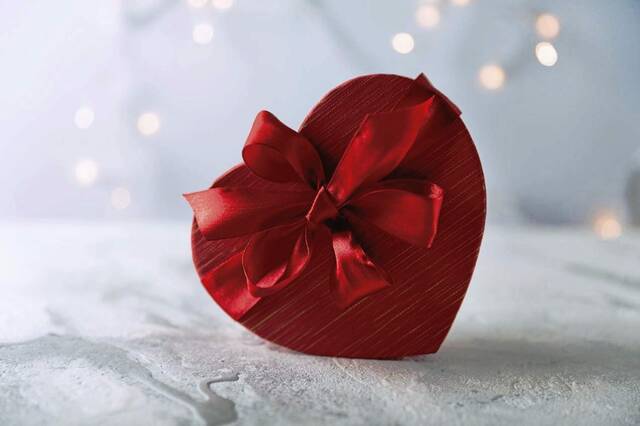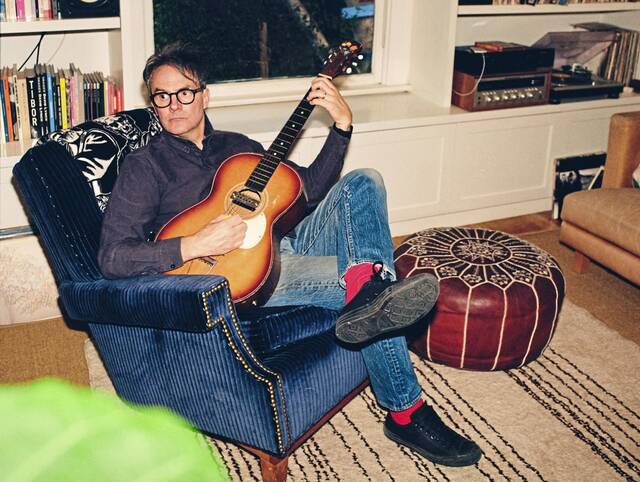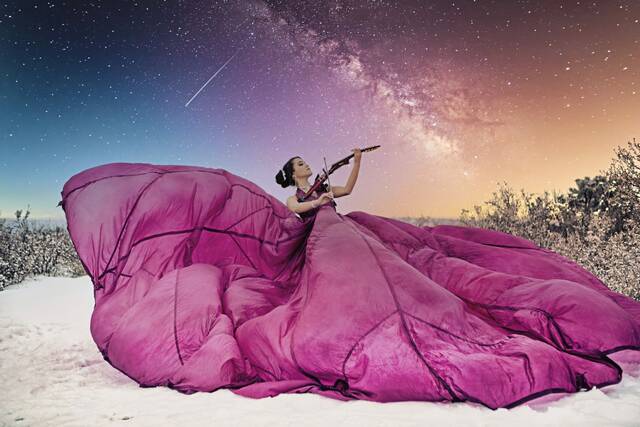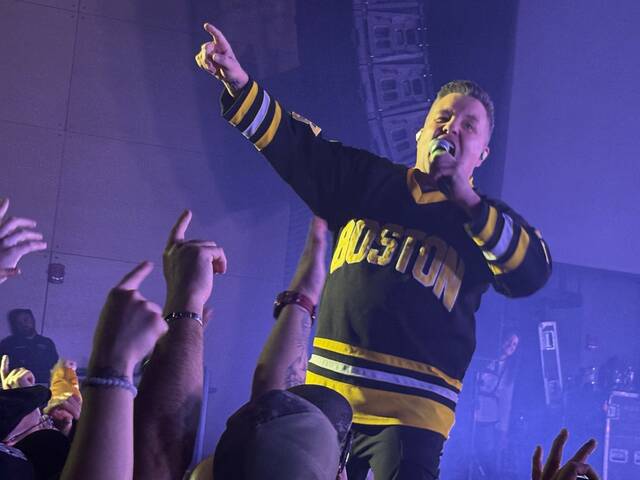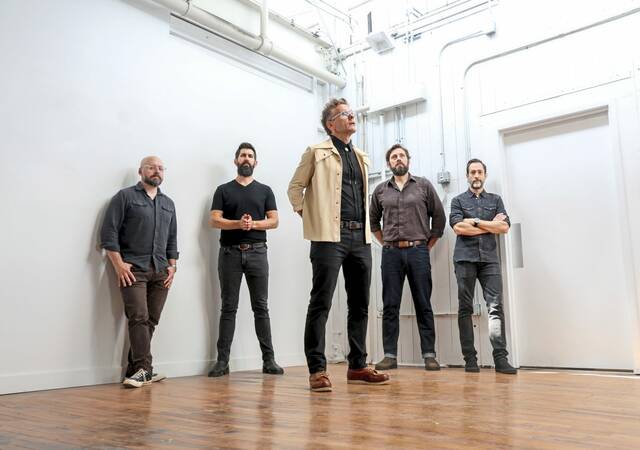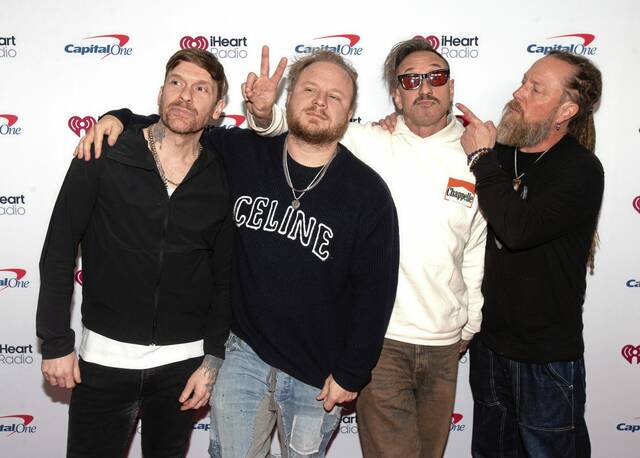For the man born William Griffin Jr., the art and thrill of live performance is why he’s spent most of his life making hip-hop records. Helping to change the genre, itself, was just a happy accident.
Better known to hip-hop fans as Rakim Allah — the Long Island, N.Y., MC who was one-half of iconic rap duo Eric B. & Rakim quite literally changed the way rappers rap.
Rakim will perform Saturday, June 19 as one of the headliners for the WPA Juneteenth & Black Music Festival, June 18-27 at Point State Park in Pittsburgh.
Rap music from the genre’s toddler years in the early 1980s is instantly recognizable, with its fledgling drum machine beats and lyrics that were often shouted in a sing-song fashion.
But when Eric B. & Rakim came out with the single “Eric B. Is President” in 1986, it was clear that something very different was going on.
Rakim rapped in a confident way that was much less bombastic than his peers, and he was using lyrical devices like internal rhyme schemes, carrying a line past where it would typically end, and using his lyrics to tell literal and metaphorical stories.
“I was definitely trying to push the envelope and do different things,” said Rakim, 53, who is also a multi-instrumentalist. “I tried to incorporate my background in music and anything I studied coming up into my rhymes. I didn’t know it’d have the impact it did, but I was trying to take it to the next level.”
Rakim spoke recently with the Tribune-Review about his musical legacy and performing at Juneteenth. The following interview has been edited for length.
Q: Do you recall the reaction people had to this new way of rapping in the ‘80s?
A: It was interesting for me, learning how to perform and also learning how to perform my songs, in particular. Being that my vocals were more visual, I think what I would try to do onstage is express what I was saying, whether it was through using my hands or something else. But people caught on and it became more of a crowd participation thing, where you’d hear people in the crowd start to quote their favorite lyrics. I was 18 years old, trying to figure out how to be onstage as opposed to a block party in the park or places like that. I was kind of learning how to be me.
Q: And how did you see the sort of ‘ripple effect’ that your MCing style had manifested in hip-hop?
A: I started noticing early on. There were a couple songs that came out, and my man Will Smith did the “Summertime” record where I started hearing the cadence, and sometimes I’d even hear the same sort of wordplay, how I’d go outside the bar and complete the rhyme on the next bar. I started hearing a lot of that. It felt good to know people were listening and paying attention, knew who I was and liked what I was doing.
Q: As public events start to happen again on a larger scale, this is the first real chance for a Juneteenth celebration after more than a year-and-a-half of social justice protests and more attention being drawn to issues facing Black Americans. What does Juneteenth represent to you?
A: It’s a very important event, and something to pay attention to and celebrate. It’s a good time for people to put things in perspective and understand that there are certain things we thought in like that can wake us up. This is one of those days where I look forward to seeing that happen. Especially after all we’ve been through, with the pandemic, the protests, the social injustices — it’s time to be really conscious about what’s going on around us, and to better ourselves.
Q: You helped popularize narrative and storytelling through your lyrics — do you have a favorite story you’ve told in a song?
A: I would have to say (1990’s) “Mahogany.” I really tried to come from a different perspective. We used to call it “doing a ‘chick’ song,” and I tried to come from a different point of view and make it interesting and funny. And also, it was my chance to speak to the ladies, give them their due and let them know how I feel about them.
Q: What is it like to not just have been a part of hip-hop from some of its earliest days, but to have changed the the overall style of rapping and then watched the genre go from kids having fun in the park to one of the world’s dominant musical styles for nearly two decades now?
A: It’s incredible. For me, it’s a blessing. And for younger kids who have no idea how hip-hop started, it’s like history. It isn’t that people don’t care about history. But some people enjoy looking back and some don’t. I look at it as being able to watch the pyramids get built, then also being able to live in this time and still be here. You get all of the mystique, the things that have sentimental value. You cherish it more in a way, because you’ve seen it shaped from the beginning.
For more about the festivals and other related events, see WPAJuneteenth.com.


